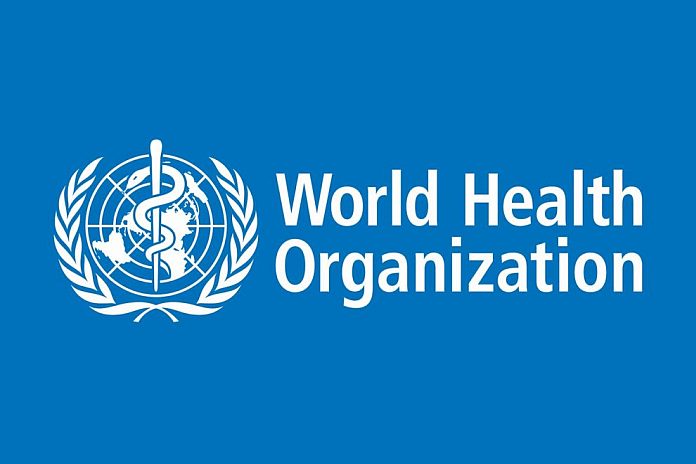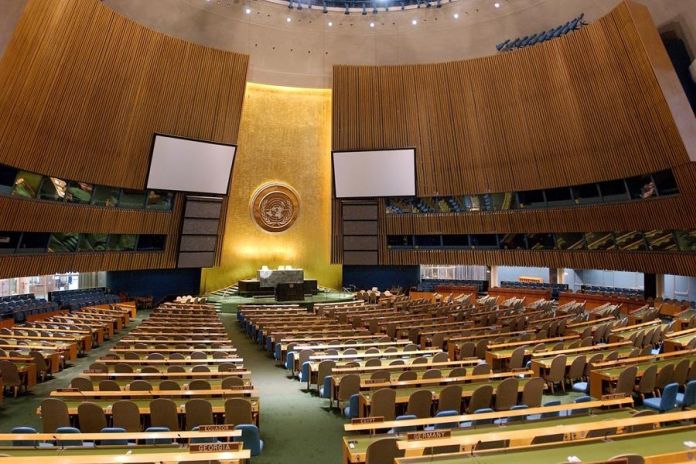GENEVA, Switzerland — As the world comes together at an unprecedented virtual session of the 75th UN General Assembly (UNGA), WHO has three messages to share.
The first is about equitable access to COVID-19 tools. At UNGA, WHO will call on world leaders to support the Access to COVID-19 Tools (ACT)-Accelerator, a unique international collaboration to fast-track the development, production and equitable access to COVID-19 tests, treatments, and vaccines globally, while strengthening health systems.
Pooling investments globally, the ACT-Accelerator provides a chance for all countries to access a greater number of tools more quickly, sharing the risks and costs together.
The ACT-Accelerator needs US$35 billion to fast-track the development, procurement and distribution of 2 billion vaccine doses, 245 million treatments and 500 million tests over the next year.
The investment needed in a global solution aimed at equitable access pales in comparison to the economic impacts of COVID-19 and the domestic stimulus packages designed to keep economies afloat.
Equitable access enables all countries to achieve full recovery by supporting all economic sectors, protecting the global value chain, and securing long-term global growth.

The second message is about maintaining the momentum towards achieving the sustainable development goals. The pandemic risks unravelling decades of gains made in health and development.
According to a recent WHO survey, 90 percent of countries are experiencing disruptions to essential health services due to the pandemic. The most frequently disrupted areas reported include routine immunization, non-communicable diseases diagnosis and treatment, family planning and contraception, treatment for mental health disorders, and cancer diagnosis and treatment.
COVID-19 offers a stark reminder of why we need to invest in stronger health and data systems, rooted in primary healthcare, to achieve universal health coverage and to meet the health-related targets of the SDGs.
The Global Action Plan for Healthy Lives and Well-being for All (GAP) works to accelerate country progress on the health-related targets of the SDGs, with the support of 12 multilateral agencies engaged in health, development and humanitarian response. This week we’ll learn about the progress made in laying the groundwork for a decade of delivery and action.
Finally, we must prepare for the next pandemic together, now. COVID-19 has shown us that the world was woefully unprepared – despite the many warning signs and warnings.
A year ago at UNGA, the independent Global Preparedness Monitoring Board (GPMB) warned of the threat of a pandemic, calling for global leaders to take urgent, united action to prepare.
Earlier this week, the GPMB issued its 2020 report “World in disorder”. The report looks at a world disorientated by COVID-19, suffering from a lack of leadership and timely action. It calls for a renewed commitment to multilateralism and to WHO.
At UNGA, WHO will call on all citizens and leaders to support the five actions outlined in the GPMB 2020 report: responsible leadership; engaged citizenship; strong and agile systems for health security; sustained investment and robust global governance of preparedness.
Our actions today will define our collective future.






